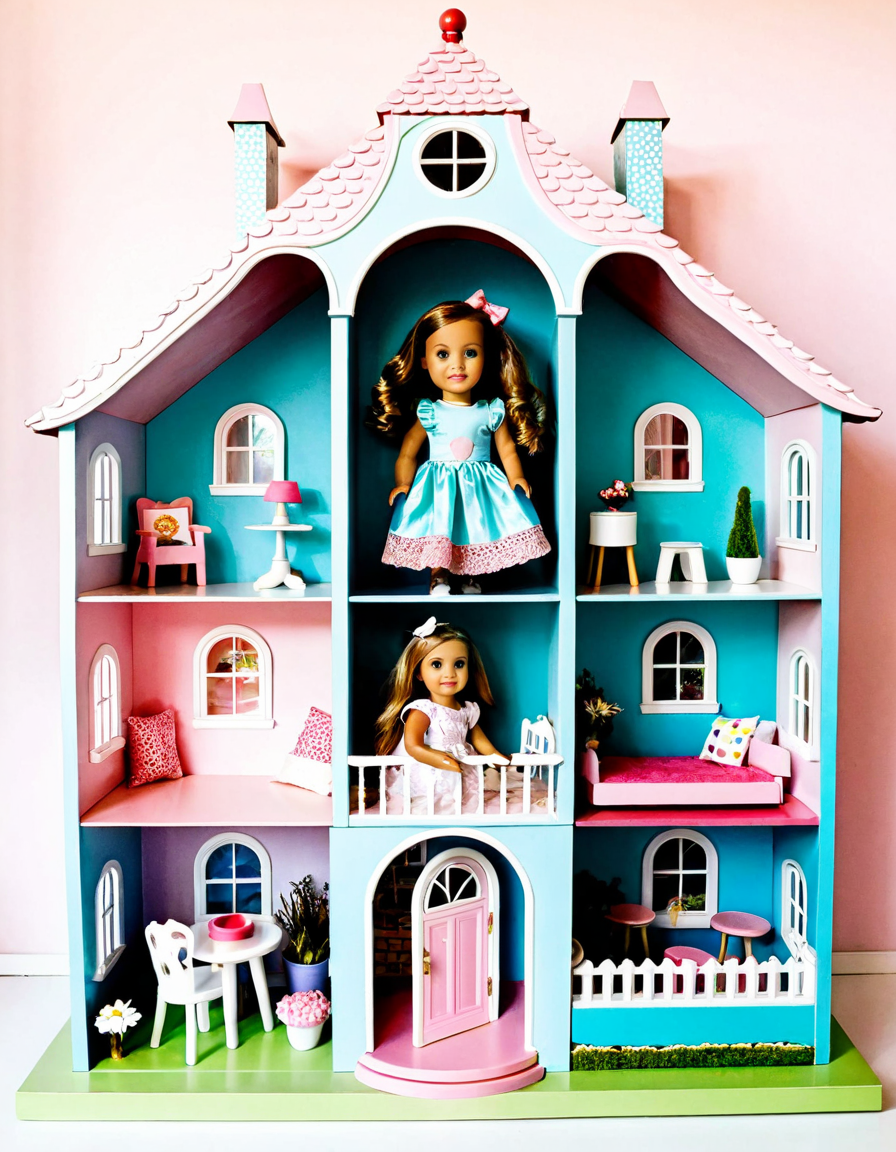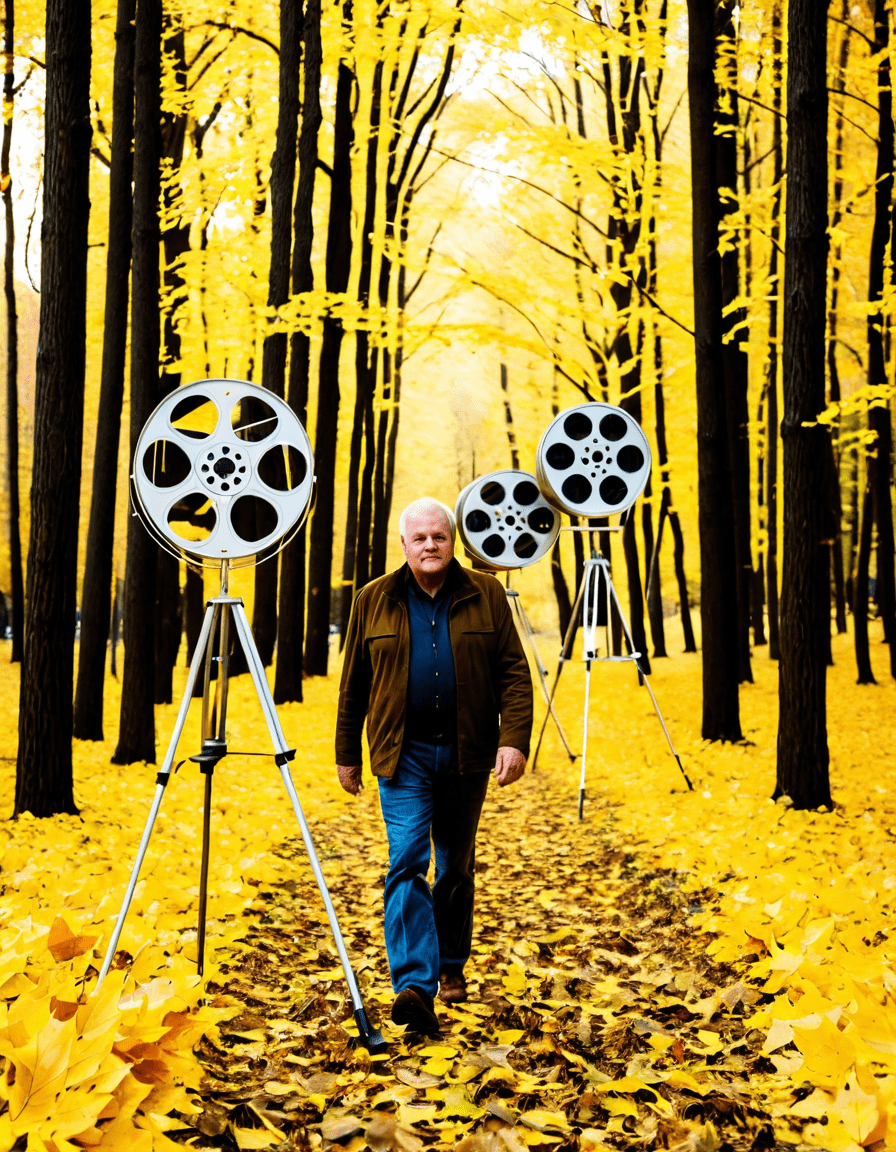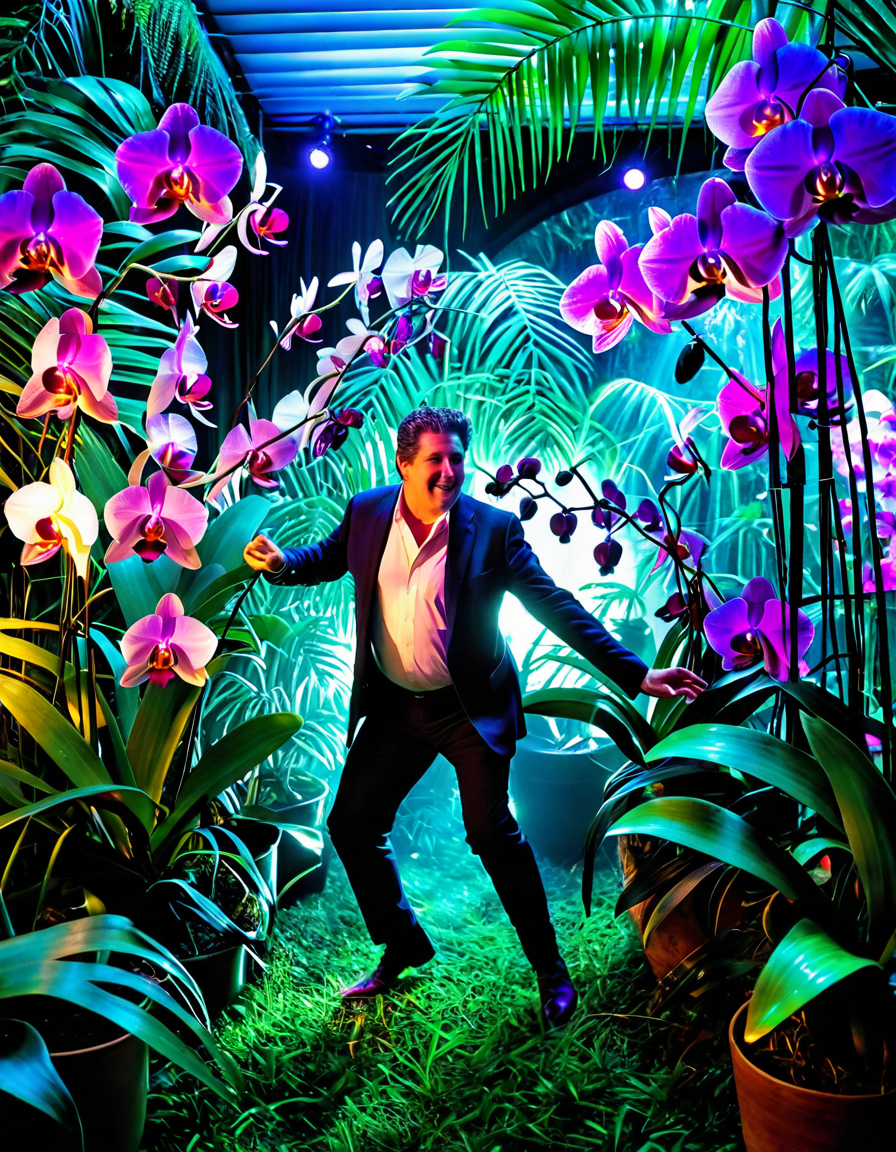When we think about groundbreaking television, The Sopranos often tops the list. This iconic show didn’t just entertain; it revolutionized drama on screen. Unfolding over six seasons, The Sopranos captivated audiences with its unapologetic portrayal of mob life through the lens of a deeply flawed, yet relatable protagonist – Tony Soprano. It masterfully intertwined themes of family, loyalty, and internal struggle, pulling viewers into the complex world of organized crime while presenting a powerful narrative about personal demons. The rich storytelling and gripping performances made it a cultural phenomenon that continues to influence modern television.
The Sopranos’ Revolutionary Narrative Structure
What set The Sopranos apart from previous shows was its intricate narrative structure. Unlike conventional episodic series that wrapped up neatly in thirty minutes, The Sopranos introduced a multi-layered, serialized storytelling approach. The plot flowed seamlessly, emphasizing character evolution over simple story arcs. This allowed for a deep dive into Tony Soprano’s psyche, where his struggles resonated profoundly with the audience.
Character development reached new heights; viewers became invested in Tony’s journey, experiencing his guilt, ambition, and vulnerabilities. The show’s format paved the way for the storytelling seen in later series like Breaking Bad or Mad Men, which borrowed the deeper narrative complexities first explored in The Sopranos. The depth of its storytelling not only attracted a loyal following but also challenged the competitor shows to rethink their approaches, shaping the direction of television drama for years to come.

Top 6 Influential Themes in The Sopranos
1. Mental Health and Therapy
One big theme in The Sopranos is mental health, especially through Tony’s therapy sessions with Dr. Melfi. This subplot sparked conversations about mental illness in men, particularly within hyper-masculine environments like the mob. By showcasing Tony’s vulnerability, the series made therapy relatable, breaking down the stigma surrounding mental health issues. For many viewers, it brought meaningful discussions about coping strategies and prompted Questions To ask a drug addict, highlighting the need for understanding and support.
2. Family Dynamics
Family loyalty is another cornerstone theme within The Sopranos. Tony’s conflicts between his biological family and crime family illustrate the complexity of loyalty and responsibility. This duality showcases the American Dream’s chaotic nature, especially for immigrants striving to achieve success. The narrative delves into the challenges Tony faces daily, ultimately painting a poignant picture of the struggles inherent to familial love and loyalty, making it relatable to many viewers.
3. Morality and Ethics
The morality and ethics explored in The Sopranos compel viewers to reflect on their own perceptions of right and wrong. Characters like Carmela and Paulie Walnuts personify moral ambiguities intertwined with success, urging the audience to analyze the consequences of choices made in the pursuit of wealth and power. This aspect resonates with the reality of capitalism, where ethical lines often blur in the quest for success, prompting viewers to question the true cost of their ambitions.
4. Cultural Reflections
Cultural reflections form a vibrant part of The Sopranos. From pop culture references to poignant social commentary, the series adds layers to its narrative. Elements reminiscent of The Godfather serve not only to enhance storytelling but also to connect the audience with the broader themes of mob folklore in America. This intricate weaving of culture into the storyline elevates the viewer’s experience, allowing them to engage on multiple levels.
5. Gender Roles
The representation of women in The Sopranos adds richness to the storyline. Characters like Carmela and Dr. Melfi challenge traditional gender roles, showcasing strength, vulnerability, and complexity. These women navigate societal pressures and expectations, ultimately revealing the nuanced layers of their characters. This exploration encourages viewers to contemplate the evolving roles of women within the mob and outside of it, further enhancing the show’s depth.
6. Violence and Consequences
Violence, a hallmark of mob stories, is depicted in The Sopranos with a keen focus on the aftermath. Rather than glorifying violence, the show delves into its psychological impact on both perpetrators and victims. This approach fosters a discourse on morality and the repercussions of violence, enhancing viewers’ understanding of the darker facets of human nature.
The Sopranos Cast: Pillars of Character Development
The impact of The Sopranos is undeniable, largely thanks to its stellar cast. James Gandolfini, who portrayed Tony Soprano, brought an unmatched depth to the character, balancing charm with an intimidating presence. His relatable yet formidable performance became iconic, drawing audiences into his complex psyche. Edie Falco’s portrayal of Carmela added a layer of sophistication and emotional depth to the series.
Other cast members, like Michael Imperioli as Christopher and Tony Sirico as Paulie, infused realism and authenticity into their roles. Their dynamic performances contributed to the emotional intensity of the narrative, making the characters unforgettable. The strength of the cast underpins the show’s success, deepening viewers’ connections to the story and its themes.

The Legacy of The Sopranos: Influence on Modern Television
Fast forward to today, and the legacy of The Sopranos remains palpable. The show set a new standard for television dramas, inspiring series like Better Call Saul and Ozark. These modern dramas borrow elements of storytelling, character depth, and moral ambiguity pioneered by The Sopranos, showcasing its far-reaching influence.
HBO, capitalizing on this new blueprint, has spearheaded a golden age of television, expanding genres and providing a platform for narratives that challenge traditional storytelling. Today’s viewership is primed for complex characters and intricate plots, largely due to the foundation The Sopranos established years ago.
Final Thoughts on The Sopranos’ Enduring Impact
In conclusion, The Sopranos didn’t just redefine television drama; it reshaped how we perceive storytelling itself. Its compelling narratives and character-driven plots sparked conversations on morality, ethics, and human psychology, making it a profound cultural artifact. Each episode leaves us with lessons about loyalty, ambition, and the battle between personal desires and responsibilities.
Reflecting on Tony’s journey, we find ourselves navigating our conflicts in a world that often forces similar choices. The legacy of The Sopranos continues to resonate, reminding us of the intricacies of human nature and the evolving landscape of television storytelling. As we move forward, we carry the lessons learned from Tony’s triumphs and tribulations, shaping our own narratives.
For those interested in exploring such topics deeply, the themes of The Sopranos can prompt discussions on personal struggles, including essential conversations regarding mental health, and even lead to questions such as the ones found in the guide on questions to ask a drug addict. Indeed, the show stays relevant, making it a timeless masterpiece in the tapestry of television.
Sopranos: The Iconic Show That Redefined Television Drama
Fun Facts and Trivia About the Sopranos
Did you know The Sopranos was groundbreaking in that it transformed how audiences connect with anti-heroes? This bold move allowed viewers to empathize with characters like Tony Soprano, who walked the fine line between charm and menace. The show’s creator, David Chase, brilliantly blended everyday family drama with the gritty realities of mob life, making it feel so relatable. Speaking of relatable faces in TV, did you know Christy Carlson romano—the voice behind incredible Disney characters—also had some connections to the mob genre? Her diverse career really showcases how varied the entertainment industry can be.
In the mix of all this mob-related action, The Sopranos also found a niche audience that craved intense, character-driven storytelling rather than just the usual crime capers. The show premiered in 1999 and quickly became a cultural phenomenon, leading to numerous accolades, including multiple Emmys. Interestingly, its legacy even reached unexpected corners of pop culture. For instance, if you ever watched Littlest Pet shop, you might be amazed to know how many storytelling techniques were borrowed from the narrative style of The Sopranos! While the show focused on organized crime, it was often more about family dynamics than guns and money, striking a chord with audiences everywhere.
Now, let’s dive into another fun tidbit. Did you know that some cast members of The Sopranos have crossed paths with notable productions in completely different genres? Julie Gonzalo, a talented actress with a knack for dramatic roles, once flirted with the idea of starring in a mob series! And who could forget the gripping performances delivered by the edge Of tomorrow cast? They, too, found a way to channel that gritty intensity audiences fell in love with in The Sopranos. As we sip our espresso and watch this iconic series, it’s clear that The Sopranos didn’t just entertain us; it changed the very fabric of television drama, leading many to wonder what comes next in this ever-evolving TV landscape.






















